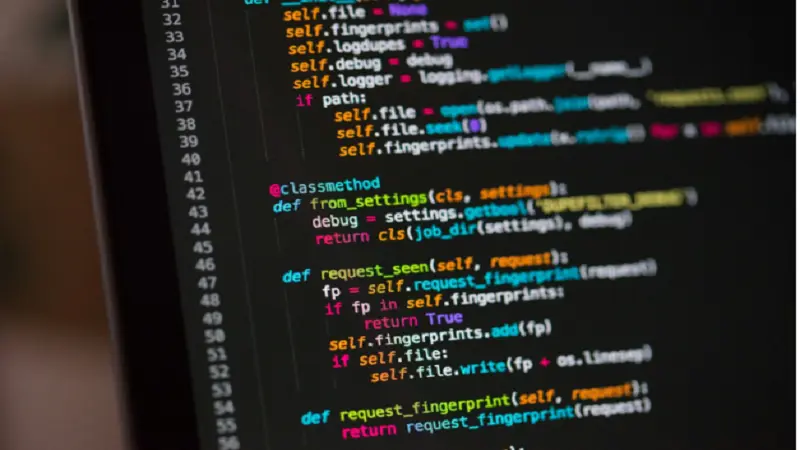Coding is something that can be both interesting and frustrating. It depends on how good you are at it. Some days, you might be able to complete writing the code very fast, and on some other days, you may be staring blankly at the screen which is full of error messages. If you tend to become a part of the 2nd group most of the time, then you might need some help to get better at coding.
You can opt for computer science assignment help, where experts will guide you on how to write better codes. They can teach you the best methods of debugging codes, handling unusual exceptions, and choosing the best data structure or algorithm to write the most efficient code.
Now, what are the challenges that you can face while coding for your computer science assignment?
| Managing Time | You may have a lot of work on your hands, and it might not be possible for you to spend enough time on the coding process. |
| Debugging Issues | Debugging your code can become a nightmare. It can be very time-consuming for you to track down the root cause of the problems and remove them. |
| Choosing the Right Algorithm | To write efficient code you must be able to choose the right algorithm or the right data structure. If you make a wrong choice, then you might face problems later on. |
| Handling Difficult Cases | You need to ensure that the code you have written will be able to handle all kinds of possible inputs. |
These companies have expert writers who can help you out with any kind of assignment, be it economics, nursing, or even computer science.
How do you manage all these problems and manage to write the best code for your computer assignment?
Coding Practices to Use in Your Computer Science Assignments
Here is a list of things that you can try to ensure that your coding life becomes easier in the future.
-
Understand the Problem –
This should be your top priority. You need to understand the problem that you are trying to solve with the code before you start the coding process. See what needs to be done and break down your work into smaller and more manageable chunks. This will help you to understand what needs to be done and how.
-
Plan Out Your Code –
Next, you need to plan out how you are going to write out your code. You can use a flowchart, write out a draft version, or even create a mental outline of how you are going to proceed with your work.
-
Write Clean Code –
When you are writing out your code make sure that it is a very clean code so that it is easy to understand by anyone who is going through it. Use clear and descriptive variable names, add comments to explain various sections, and format your code consistently. You may feel that doing all these won’t make any difference, but in reality, it will. Later on, when you are trying to find any problem with the code, it will be easier for you to go through it if it is very clearly organized.
-
Test It Out –
Even if you feel that your code looks absolutely perfect, you still need to test it out a few times. This is just to ensure that there are no bugs or any kind of syntactical or logical errors within your code. If, by chance, there are certain errors in the assignment that you have submitted, then you will not be getting good grades.
-
Ask for Help –
You should never shy away from asking for help, thinking that it is a sign of weakness. If required, you can ask your teachers, your seniors, or even your classmates for guidance. You can also get help from online forums and various kinds of tutorials that are available online.
-
Keep Practicing –
Practice makes everything perfect. The more you practice, the better you will become at coding.
Here are some extra tips so that you can face fewer coding problems in the future.
- Focus on building a strong foundation.
- Always try to optimize your code and make it more efficient in terms of speed and memory usage.
- Study the code of experienced programmers and see how they approach problems.
- Participate in coding challenges to enhance your problem-solving skills.
We hope that all these will help you to solve your coding-related problems easily.
To Wrap It Up,
The first and foremost thing that you need to do is understand what you need to do in your assignment. Then, you need to plan out how you are going to write your code. Test your code multiple times to ensure that it is error-free and is getting the desired results. Ask for help from teachers, seniors, or even peers when you need it. Do not forget that you need to keep on practicing to get better every day.
